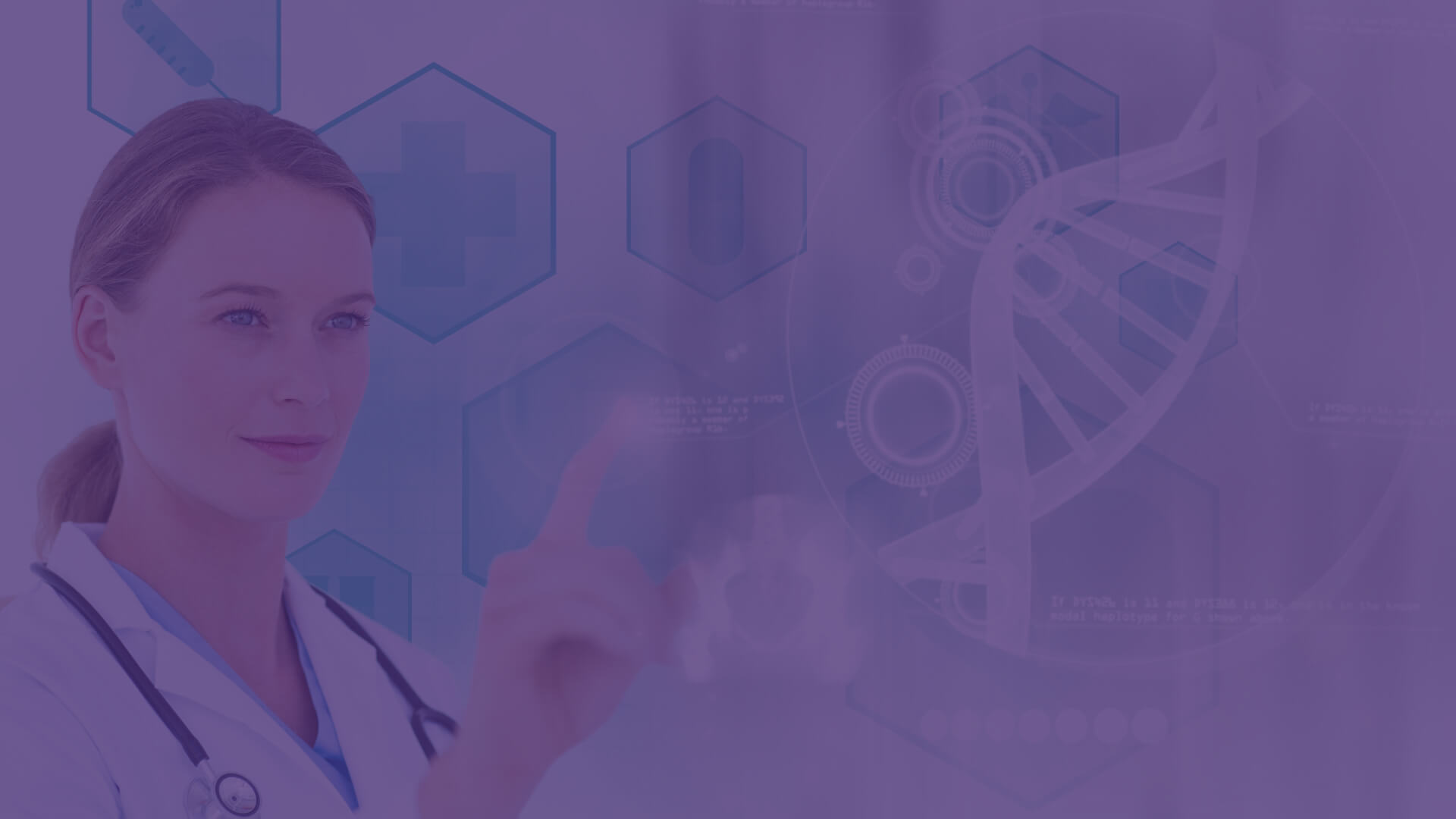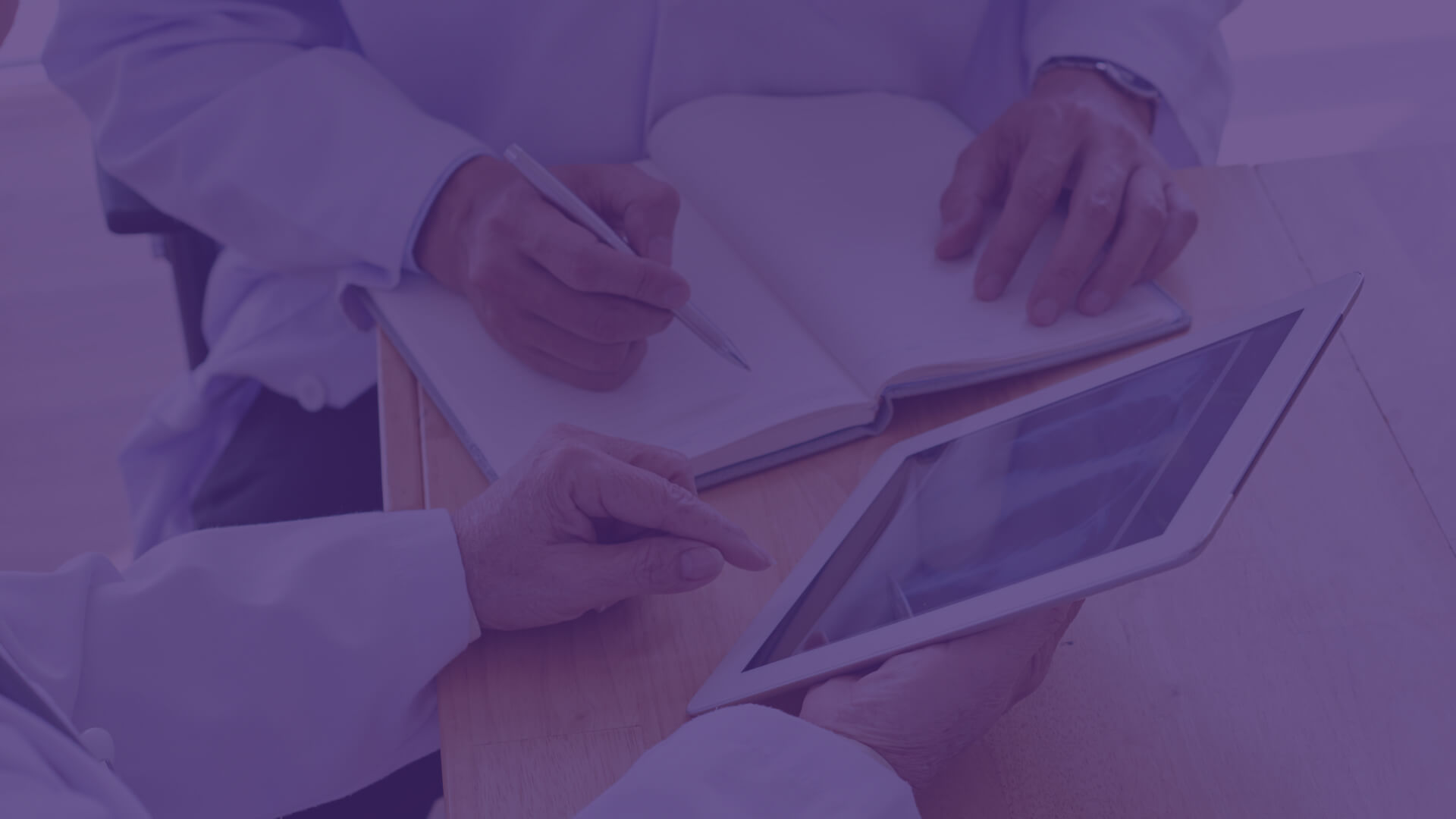Blockchain use cases in healthcare have already started to change the perception of the healthcare system demonstrating opportunities for system improvement. New fields of blockchain application are being discovered by the day. And it’s only a matter of time when the technology will be globally adopted to revolutionize the industry and the way people access health care.

Blockchain Use Cases Healthcare
Blockchain is widely used by healthcare providers for patient data management. It enables the exchange of records across the network of providers. More importantly, it offers a high level of data security and transportability. But technology’s capabilities are far beyond this.
Remote Medicine, Disease Prevention & Medical Transport Service
One of the frontiers of blockchain development and integration into the healthcare sector is Solve.Care. In May 2020, the company announced the Global Telehealth Exchange (GTHE) platform. GTHE is a blockchain-based marketplace that allows patients to consult practitioners remotely across the world. The platform contains information about the practitioners including profiles, availability, and rates allowing users to choose an appropriate specialist and make online appointments. After getting permission from the users, doctors will be able to see patient health data and past medical records.
Solve.Care CEO, Pradeep Goel, explained why telemedicine is now more important than ever before: “The Covid-19 pandemic has severely tested the way healthcare systems are organized and delivered from a number of perspectives. Now, more and more patients are reluctant to visit their doctors due to the pandemic. Medical practitioners who are not primarily involved in treating Covid-19 cases have experienced a significant drop in patient appointments. The launch of Global Telehealth Exchange is geared towards remedying this imbalance.”
In 2019, Solve.Care in partnership with the Boehringer Ingelheim Pharmaceuticals, Inc. introduced a blockchain-based platform, The Diabetes Care Administration Network. This platform allows users to gain a better understanding of their condition by providing evidence-based information about the disease and its management. The Network encourages patients to be more engaged in their health. By doing so, they prevent the development of more severe conditions and complications with a healthier lifestyle choices, regular check-ups, etc. What is more, the Network is designed in a way so that patients can optimize and coordinate care with their providers and even family members.
Through Solve.Care’s application, Care.Wallet, users may also schedule Uber’s Non-Emergency Medical Transportation (NEMT) service without installing the Uber application. Access to Uber Health and integration of transportation into patient care needs are believed to improve care delivery outcomes, reducing healthcare costs.

Fighting Counterfeit Drugs
One of the most promising blockchain healthcare use cases is that the technology prevents falsified medicines from penetrating the drug supply chain. The algorithm lying at the core of blockchain guarantees integrity and transparency of records making the technology a perfect match for improving pharma traceability. Chronicle, an American startup, combined blockchain with the Internet of Things (IoT) to minimize discrepancies and avoid falsified or counterfeit drugs. Their MediLedger Network allows users to certify the authenticity of substances and raw materials without revealing any confidential information.
A French blockchain company Crystalchain has leveraged cryptography and AI’s complex algorithms in their Blockpharma application to track unwanted drugs and alert companies and laboratories when purchasing a fake medicine.
Improving Clinical Trials Quality
Clinical trials are required for any new medical product and present a complicated process taking several years to complete. Not to mention the massive amounts of data that researchers need to process. Such companies as Clinico and Curisium have introduced their blockchain-based solutions to make clinical data both accessible and transparent. Ambrosus is currently negotiating with pharmaceutical suppliers about launching a pilot program based on their available blockchain products.
Genomic Data Management
A US-based company, EncrypGen, developed a marketplace for genomic data in 2018, becoming the first genomic blockchain free market in the world. Using cryptocurrency tokens, the platform encourages customers to open their raw DNA data to researchers engaged in genomic studies. Raw DNA data means that patient name, email, and other private information are hidden from others.
Blockchain in healthcare use cases show the ability of blockchain to cut healthcare costs, improve medical records keeping, enhance interactions between the patient and his doctor, and make health data more accessible. More use cases are to be seen in the following years fostering healthcare system improvement.



